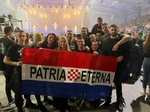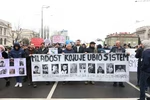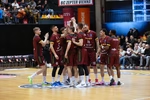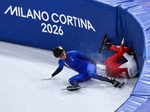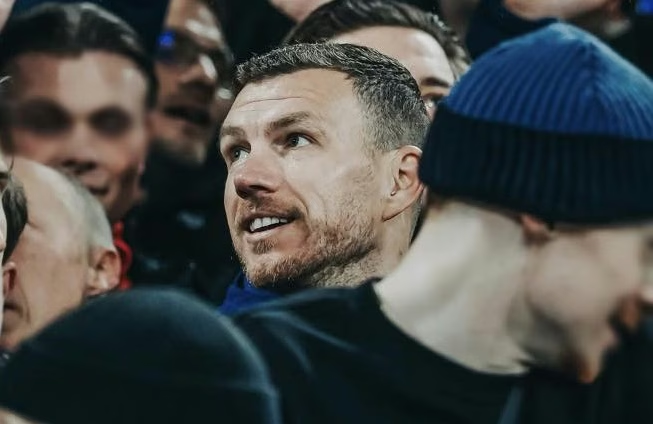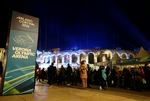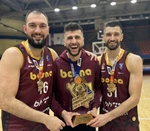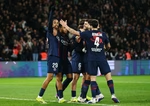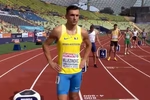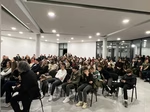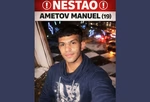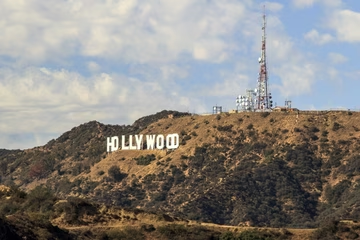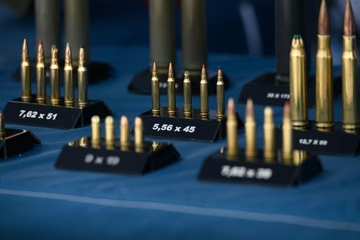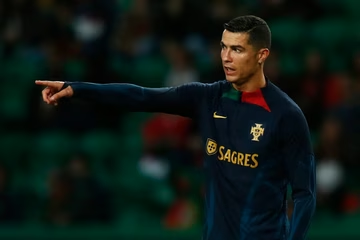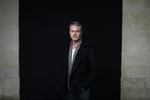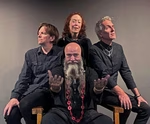
After one failed attempt, many thought the other will fail too. But then two young mayors joined forces and made it happen: Sarajevo and Istocno Sarajevo (Eastern Sarajevo) will host next week thousands of visitors and competitors at the 2019 European Youth Olympic Winter Festival.
Since the 1992-95 war, Bosnia’s capital is divided between the country’s two ethnic-based regions, Serb-majority Republika Srpska (RS) and the Federation (FBiH), shared mostly by Bosniaks and Croats.
Most political representatives in two are at odds over essential issues such as whether the country should exist at all.
But the animosity will not be seen on Sunday when the two parts of Sarajevo open the games.
How did that happen?
Nenad Vukovic, the mayor of Istocno Sarajevo, which lies in Republika Srpska, told N1 on Friday the joint project “showed that we should set aside some issues we don’t agree on.”
“Us managing to unite all the institutions is a big thing,” he stressed, explaining that “it was not like that when we took over our offices.”
“Nobody is harmed by this project, while we all benefit from it. The project faced distrust, but today we can happily say that we have succeeded in our intentions,” he said.
The first attempt to organise EYOF failed.
“This project was being prepared for ten years, and when EYOF 2017 failed, we got another chance to organise the event two years later,” said Sarajevo's mayor, Abdulah Skaka.
“However, EYOF 2019 also looked like a failed project, and when we took office we started working on its realisation. I am happy that we succeeded and that we will soon have an unforgettable week in our Olympic mountains,” he said.
Both of the two mayors were small children when the 1984 Olympic Games took place in Sarajevo.
Vukovic said he has a lot of souvenirs from that time at home.
“I was six years old, and I lived in Kosevsko Brdo (a neighbourhood in Sarajevo) back then. I watched hockey in Zetra (a sports hall) which was close to me,” he said.
He continued reminiscing about that time.
“Those matches would take place very late, so my parents had to carry me home, as I was asleep. I also remember the first can of Coca-Cola in Yugoslavia, which emerged during those Winter Olympics,” he said, adding that he remembers the time when certain neighbourhoods were being built in Sarajevo and the silver medal which Yugoslavia's skier Jure Franko won that year.
“I am from the generation that does not remember the 1984 Olympics, but I belong to those people who want to create some new positive processes,” Skaka added.
He said that the project has “an important political dimension” since it is being realised by Sarajevo and Istocno Sarajevo, the governments of both of Bosnia’s entities, and is supported by the Presidency.
“We showed that we can together create some new positive processes and that this kind of cooperation is a good platform for the future,” he said.
More than a thousand athletes from more than 46 countries will take part in the competitions.
“We are a little bit tired,” said Vukovic.
“The numbers are really impressive. The athletes will be accompanied by delegations, altogether more than 6,000 people are coming. There will also be a large number of volunteers from the region,” he said, adding that “numerous young people from Europe and the region” have expressed interest in coming to Sarajevo and Istocno Sarajevo.
“This competition and the numbers show that we have become a desirable place to visit,” he added.
Kakvo je tvoje mišljenje o ovome?
Učestvuj u diskusiji ili pročitaj komentare





 Srbija
Srbija
 Hrvatska
Hrvatska
 Slovenija
Slovenija










